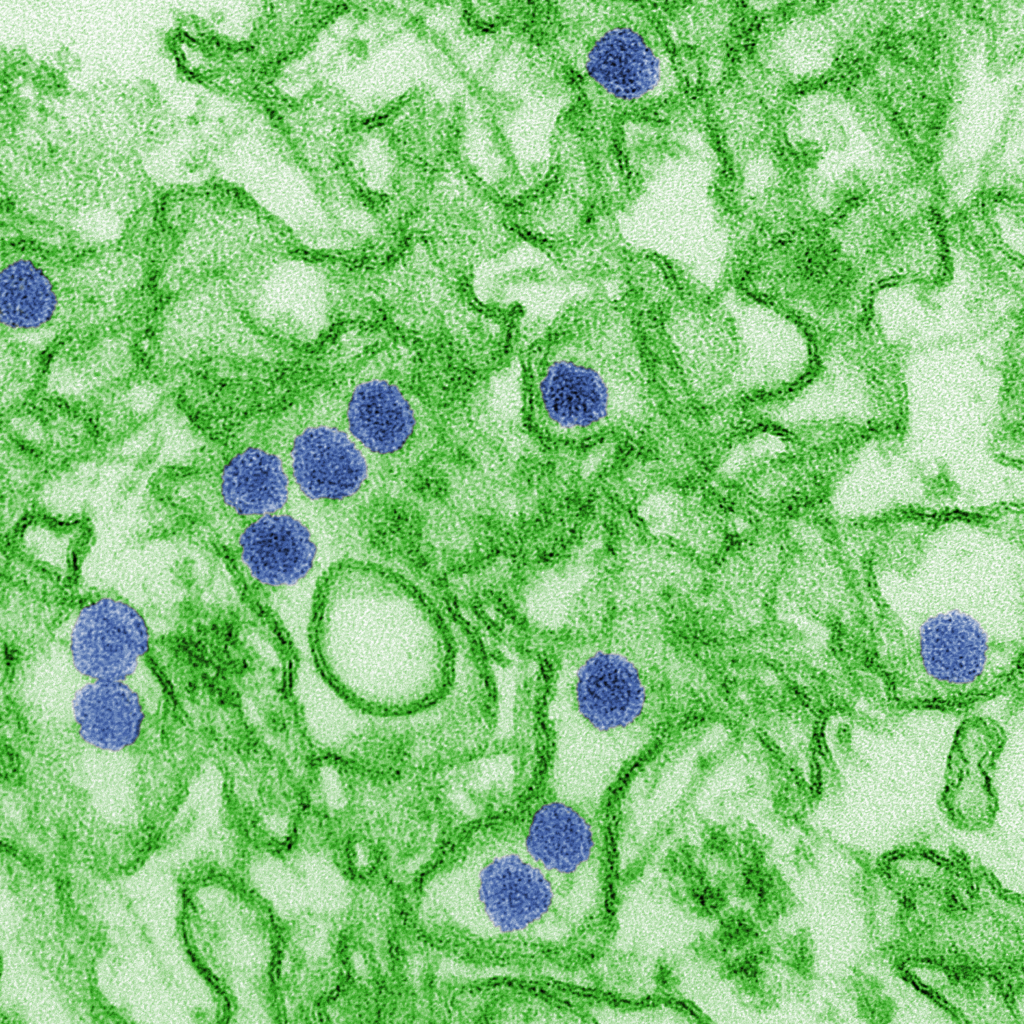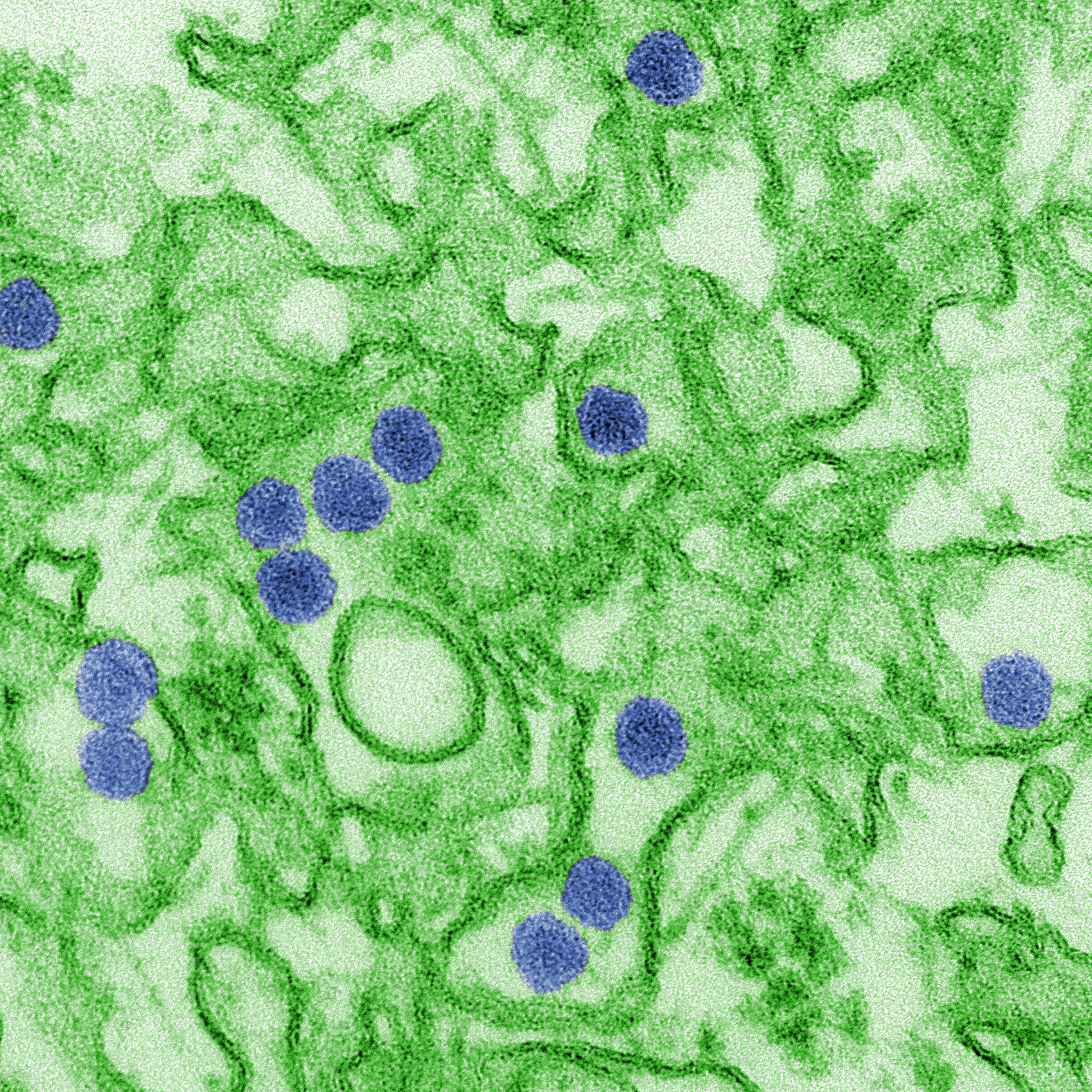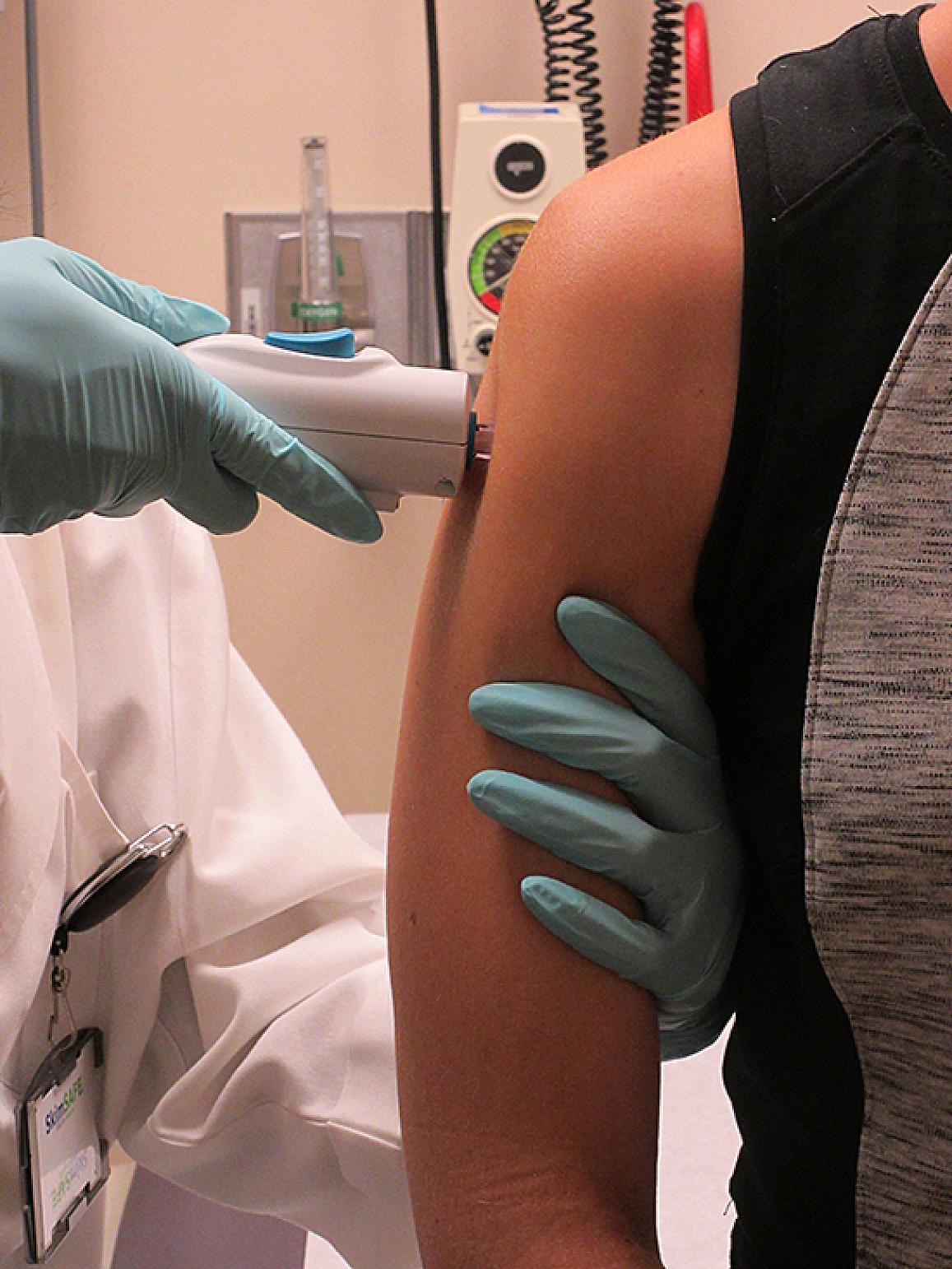Since the Zika virus remains a threat to public health, multiple organizations are in the process of developing vaccines that would be effective against the pathogen. However, a new study conducted by researchers at the Annenberg Public Policy Center (APPC) of the University of Pennsylvania suggests that people’s beliefs about the now-disproven link between the measles, mumps, and rubella (MMR) vaccine and autism could influence their acceptance of a Zika vaccine.
While this result is concerning, the researchers also found that people who were more aware of the risks associated with Zika virus infection – including birth defects like microcephaly – were more likely to want to get the Zika vaccine once it’s available. The full details of this study were published in the Journal of Public Health.
“When a new disease arises, people who lack understanding of the new threat may extrapolate from their knowledge of other diseases,” said Yotam Ophir, a Ph.D. candidate at Penn’s Annenberg School for Communication. “We found that the misbelief about the MMR vaccine’s association with autism was more influential on the decision of whether to get vaccinated for Zika than even perceptions of Zika itself, which is worrisome, especially in light of the persistence of that misinformation.”
RELATED: Inovio’s DNA-Based Zika Vaccine Shows Promise In Preclinical Study
Ophir and colleagues collected data from nearly 3,340 individuals as part of the APPC Annenberg Science Knowledge (ASK) survey in 2016, at the height of the Zika virus outbreak. Though the mechanisms by which maternal Zika virus infection causes microcephaly in children is not well understood, researchers know that the virus is primarily transmitted through the Aedes aegypti mosquito, and unprotected sexual intercourse.
Respondents who reported they believe in the unsubstantiated association between the MMR vaccine and autism were also less likely to intend to be vaccinated against Zika virus. Interestingly, those that reported engaging in behaviours that might protect them from contracting Zika were also less likely to plan to get the shot, suggesting that once a Zika vaccine is available for public use healthcare workers will need to stress the importance of getting immunized over taking individual preventive measures alone.
Individuals most likely to get the Zika vaccine were those that had a high level of confidence in science, and people who were aware of the risks of being infected by the virus. While contracting the Zika virus is rarely fatal, those respondents who believed the risk of death to be higher also reported a higher level of interest in getting the Zika vaccine.
“Scientists often look at the effect of misinformed beliefs about the MMR vaccine on people’s intention to vaccinate children with the triple vaccine, but they don’t as often look at the dangerous spillover effects that these misbeliefs can have,” said Ophir. “Even if we can’t change what people think about the MMR vaccine, if we can give them an accurate picture of how vulnerable they are to a disease such as Zika, they can make a more informed decision about it.”










Join or login to leave a comment
JOIN LOGIN